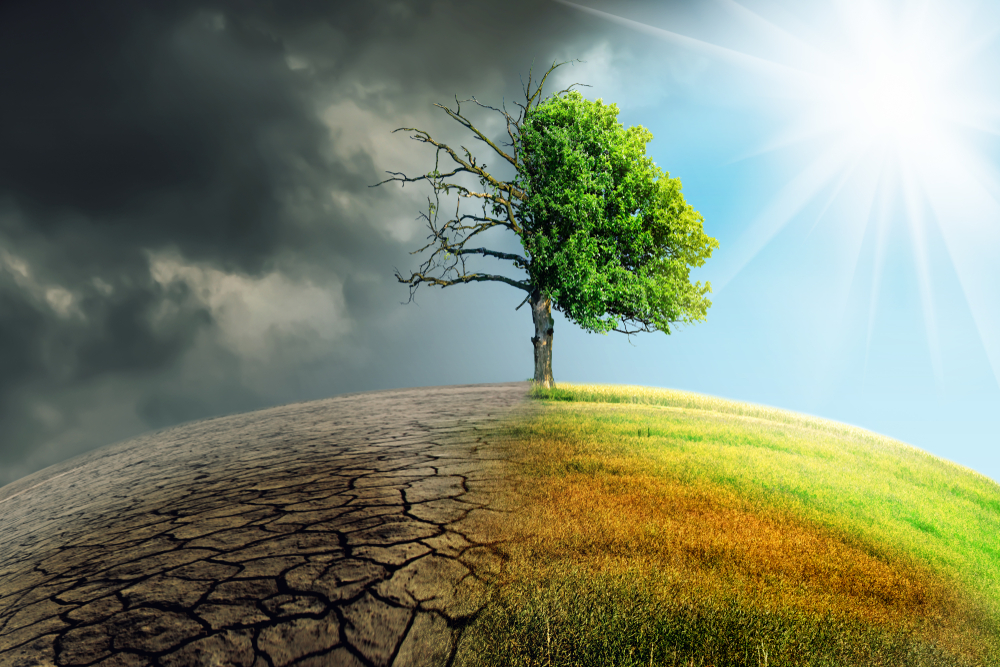As I drive to work and back, my eyes are on the ambient temperature reading in my car—it has been creeping up every day. I routinely listen to NPR, and extreme heat in various parts of the world comes up in daily discussions.
As a heart failure cardiologist in the clinic, I routinely ask my patients about their activity levels. Most of them complain about the heat and how it impacts their activity, making them feel short of breath. My patients with left ventricular assist devices are worried about excessive sweating and heat rashes.
In short, there is a lot of discussion around heat. I think it would not be an exaggeration to say that these days we are witnessing extreme temperatures in epidemic, if not pandemic, proportions. Out of curiosity, I started looking up research on the effects of heat on the human body and found some interesting observational data of which I was unaware. Most published studies on the effects of heat and climate change are based on observational data and are not enough to elucidate the mechanisms of heat-related injury to various organs.
In a world that is getting hotter, I think the adverse effects of heat on human health deserve much greater attention. Here are some of my thoughts regarding this issue:
1. Increase funding for basic science research using animal models to study the effects of heat on the body in various physiological and pathological states.
2. Include identification and management of heat-related illnesses in the curriculum for medical and nursing school students.
3. Conduct research focused on heat-vulnerable populations: the elderly, patients with heart disease, outdoor workers, athletes, etc.
4. Focus public education on the prevention and treatment of heat-related illnesses.
5. Develop formal protocols for the management of heat stroke, possibly including them in life support protocols, so that first responders and health care workers can treat patients swiftly and uniformly.
6. Develop and enforce heat-acclimatization protocols for outdoor workers, firefighters, and athletes traveling to warm climates to compete.
7. Incorporate data from wearable devices (including temperature tracking) in the prevention of heat exhaustion and heat stroke and increase public health education about it.
8. Research the development of medications specifically to treat heat stroke, targeting the inflammatory pathways activated in heat stroke.
9. Conduct more research on the effects of medications in widespread use (e.g., beta-blockers) on the ability to withstand heat-related illnesses.
10. Conduct ongoing multisectoral studies on the incidence of heat-related illnesses with the implementation of heat-mitigation strategies, such as the development of green spaces.
Lastly, as physicians, it is our individual responsibility to educate ourselves on the management of heat-related illnesses in general and in our respective patient populations and medical specialties.
Shuchita Gupta is a cardiologist.

